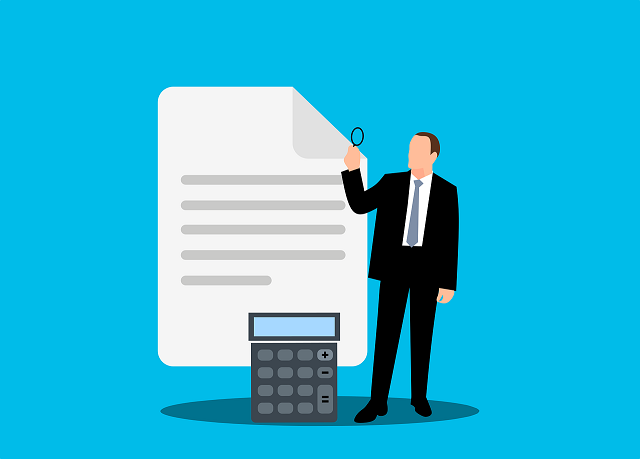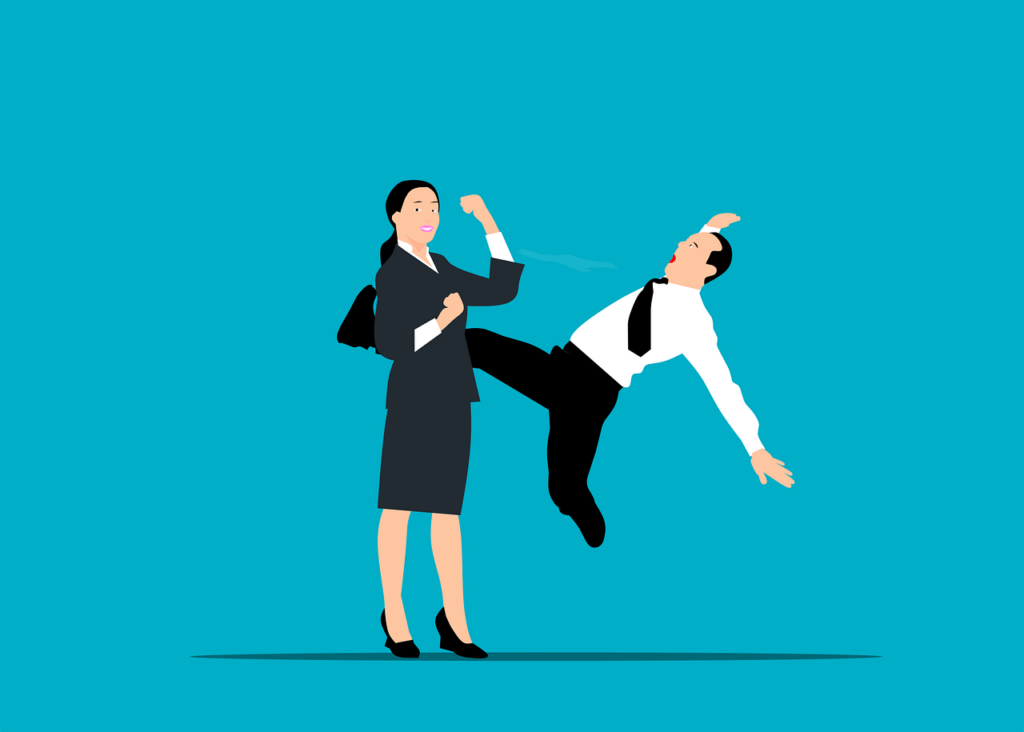Commercial disputes pose a serious threat to businesses and can lead to legal action and, in some cases, the demise of a company. This article examines six ways businesses can inadvertently become involved in a commercial dispute.
Nothing can stop a startup quicker than a business dispute. So, it’s incredibly important for business owners to familiarise themselves with potential problems that may lead to commercial dispute resolution.
In this article, we’re sharing six ways in which businesses may inadvertently become involved in a commercial dispute. Take a look…
A commercial dispute is an argument between companies or a complaint against a business that leads to legal action. The resolution of commercial disputes can be complicated and long-winded.
It can ultimately cost a business a vast amount of money. Because of this, business owners need to understand how they might be at risk of commercial disputes.
How Might A Business Become Involved In A Commercial Dispute By Accident
There are several ways in which this can happen, and we’re going to take a look at some of these in this section:
Due diligence
It’s common practice for businesses to onboard investors or collaborate with other companies.
While this can be mutually beneficial, it can lead to problems – including commercial disputes – if you don’t properly conduct due diligence and run background checks on the investor/company beforehand.
Suppliers
In many cases, a business relies on products supplied by another company for its business to succeed. A commercial dispute can occur if such products are faulty or not as described.
An example of this would be that of Pret a Manger, who faced an investigation in 2022 after a customer with a dairy allergy died after eating one of the company’s sandwiches.
The evidence found that this tragedy was due to Pret A Manager receiving an ingredient that they thought was dairy free but was sadly not.
Liability
Depending on your business, a dispute or legal action can arise if your company has not adequately addressed liability in your contracts.
When starting any business, you must assess any possible risks and address these, including adding rock-solid liability clauses to contracts.
A business needs to pay close attention to three main types of liability: employee liability, product liability, and public liability.

Intellectual property
This term refers to an entity owned by a company or person but not a physical asset. It can refer to a logo, a piece of written work, and, in some cases, even a name.
A business may inadvertently commit intellectual property fraud by using, for example, a quote from a copyrighted work within its marketing materials or website.
Businesses can avoid an intellectual property dispute by checking for permission before using photographs or text belonging to another person or company. If necessary, they can apply for permission.
Another way to avoid this type of dispute is to implement a policy of using unique content.
Payment
Payment disputes are extremely common in the business world and often occur when one business refuses to pay another company’s invoice for reasons such as substandard products or services received.
Payment disputes can also be a result of an accounting system fault. If a payment dispute arises, it’s a good idea to resolve this as quickly as possible, even if it means striking a compromise, to avoid escalating into legal action.
In most cases, a financial compromise will be less expensive for the company than a time-consuming legal case.
Employees
Every employer has a number of responsibilities toward its employees, including equal opportunities, health and safety, and contractual obligations such as salary, bonuses, and annual leave.
When an employer fails to meet its responsibilities toward its staff, it can result in a commercial dispute.
When such a failure occurs inadvertently, for example, an employee is injured in the workplace when a piece of equipment malfunctions. The company should act quickly to find a mutually acceptable solution to resolve the issues without legal action.
Avoiding Inadvertent Commercial Disputes
With the best will in the world, no business can avoid friction from time to time. But, it is possible to minimize the risk of a commercial dispute by putting some best practices in place, including:
- Regularly reviewing and updating contracts.
- Educating staff on security protocols, including data protection.
- Properly vetting suppliers and potential investors.
- Putting proper legally binding HR protocols in place.
Avoiding Disputes Through Risk Management
Every year, commercial courts for England and Wales handle a large number of claims, many of which involve sums of £5 million and more.
A commercial dispute, whether accidental or deliberate, can be devastating for a business and lead to irreversible losses in terms of finances and reputation.
For this reason, business owners should always take all reasonable steps to minimize the risk of all activities which may lead to a dispute.
If a dispute occurs – particularly one which has the potential to result in legal action – the business should seek legal advice as soon as possible to manage this risk.
Please be advised that this article is for general informational purposes only and should not be used as a substitute for advice from a trained legal professional. Consult a legal professional if you’re seeking advice about a commercial dispute. We are not liable for risks or issues associated with using or acting upon the information on this site.
